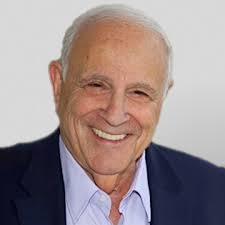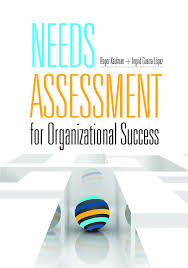Highlights of Practice and Vision
“My greatest contribution is translating complex technology into practical, understandable solutions for educators.” – Dr. Anecia Scott, Ed.D.

Most Rewarding:
Dr. Scott derives profound and genuine satisfaction from enabling educators to confidently utilize digital tools that they once perceived as overwhelming or intimidating. Whether she is providing personalized, step-by-step guidance to a highly experienced teacher on effectively configuring and optimizing an LMS, or assisting a newly appointed administrator in fully mastering complex data management systems, she excels in crafting innovative and practical solutions that are thoughtfully designed to be intuitive, easily accessible, and immediately actionable for users of all experience levels.
Key Professional Challenges:
Dr. Scott’s professional responsibilities often necessitate addressing ambiguous project objectives and engaging with "gatekeepers"—individuals who may limit access to critical information or demonstrate reluctance to collaborate. In these scenarios, Dr. Scott plays a pivotal role as an intermediary, adeptly bridging the gap between strategic vision and practical implementation. She works diligently with stakeholders to clarify objectives, define attainable outcomes, and ensure alignment with project scope and timelines.
Another significant challenge Dr. Scott frequently navigates is managing competing priorities across cross-functional teams. As projects often involve input from diverse departments with varying objectives and constraints, she excels at fostering open communication and ensuring that all voices are heard. By implementing structured workflows and prioritizing tasks strategically, Dr. Scott helps harmonize efforts across teams, allowing complex projects to stay on track without compromising quality or efficiency.


Future Goals:
Dr. Scott is in the process of preparing to establish her own instructional design and consulting firm, which will offer a range of professional services specifically tailored to meet the unique needs of various sectors, including healthcare, nonprofit organizations, and higher education institutions. In addition to this endeavor, she is deeply engaged in actively investigating ethical and human-centered applications of artificial intelligence in eLearning, with a dedicated emphasis on creating innovative tools that not only enhance personalization but also uphold empathy, along with the highest possible standards of instructional design integrity.


A Roger Kaufman–Inspired Synthesis
The professional endeavors of Dr. Anecia Scott epitomize what Roger Kaufman refers to as “performance with purpose.” Her dedication to equipping educators with accessible and practical technological tools not only facilitates organizational advancement but also contributes to societal value—a concept Kaufman identifies within the framework of the Mega level of strategic planning.
According to Kaufman’s framework, the most impactful aspects of Dr. Scott’s work—such as empowering educators to become proficient digital practitioners—represent an alignment of internal performance objectives (Micro and Meso levels) with external value creation. Her approach extends beyond addressing immediate challenges; she is actively engaged in capability-building, an essential factor for achieving sustained organizational success and broader social advancement, as defined by Kaufman.
When confronting barriers such as gatekeeping or ambiguous expectations, Dr. Scott effectively navigates what Kaufman describes as “fuzzy front-end performance gaps”—a situation where stakeholder requirements are either misaligned or insufficiently articulated. Her ability to refine objectives and translate strategic vision into actionable outcomes exemplifies the outside-in perspective that Kaufman deems critical for driving meaningful and sustainable impact.
Looking ahead, Dr. Scott’s aspirations—including the establishment of a consulting practice and the integration of ethical artificial intelligence solutions—would undoubtedly align with Kaufman’s principles. Her forward-thinking objectives are future-oriented, rooted in core values, and designed to address the needs of both individuals and society as a whole. These ambitions would likely garner Kaufman’s strong endorsement as a model of strategic and ethical innovation.
“Results are not enough. We must also ensure that the results we get are the right ones—ethical, useful, and valuable to our clients and to society.”
— Roger Kaufman, “Mega Planning: Practical Tools for Organizational Success” (2000)